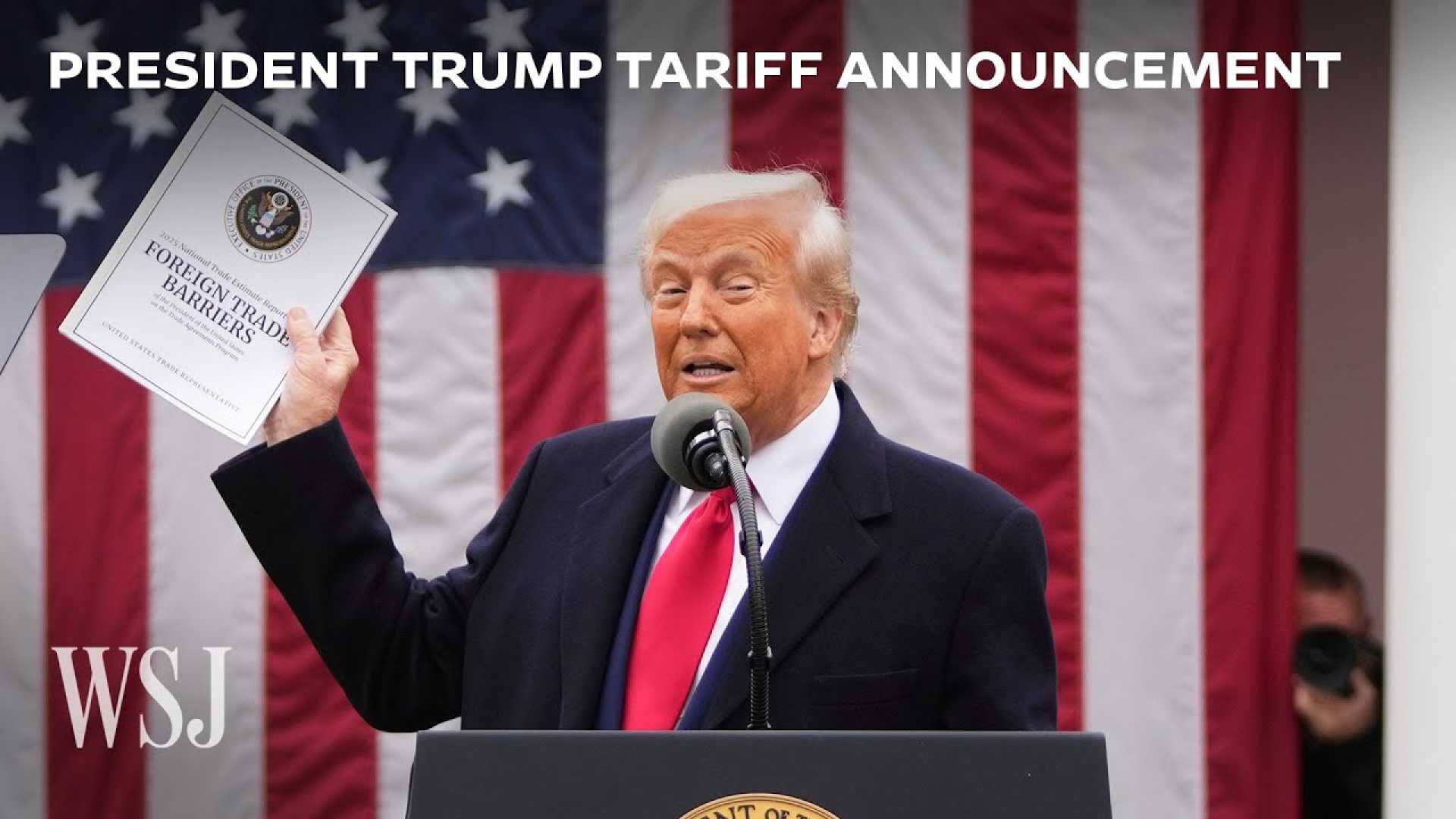Business
Trump Threatens Higher Tariffs Amidst Ongoing Trade Tensions with China

WASHINGTON, D.C. — President Donald Trump announced plans to impose additional tariffs of 84% on all imports from China in retaliation for the country’s retaliatory measures, raising potential costs for American consumers.
The announcement was made on Tuesday by White House Press Secretary Karoline Leavitt, who emphasized that Trump envisions a shift in production, highlighting hopes for items like iPhones to be made in the U.S. This follows statements from U.S. Commerce Secretary Howard Lutnick, who suggested that jobs traditionally outsourced to China could return to America.
Leavitt stated, “The President absolutely believes that technology like that could come back to the U.S. He thinks we have the workforce and resources to do it.” This assertion is bolstered by Apple’s commitment to invest $500 billion in U.S. facilities over the next four years, which could offset the impacts of new tariffs on imported Chinese goods.
The heightened tariff threats come as China is set to increase its own tariffs by 34% on U.S. products, creating a back-and-forth escalation in trade barriers that industry observers warn could lead to higher consumer prices. Critics argue that these tariffs represent a broader trend of increasing protectionism that could destabilize the global economy.
As negotiations continue, Trump has directed his trade team to pursue “tailored” trade agreements with nations willing to collaborate in response to his new tariff policies. During a press conference, Leavitt noted, “The government has always said the president is willing to talk on the phone,” and highlighted that Trump has instructed his team to finalize agreements with countries seeking to engage on these matters.
Meanwhile, Italy’s Prime Minister Giorgia Meloni is set to meet with Trump in an effort to ease trade tensions. Meloni, who has developed a close relationship with Trump, is seen as a possible mediator between the U.S. and the European Union.
Key Republican senators have expressed concern about the immediate economic disruption caused by tariffs, hoping that negotiations could eventually scale back Trump’s expansive trade policies. Senator John Cornyn stated, “People understand the principle of reciprocity,” pointing out that Texas ranchers face challenges selling to Australian markets amid increasing tariffs. He further stated the importance of determining the ultimate goal of the tariffs, whether it be zero tariffs or a truly free trade environment.
On the Democratic side, Representative Gregory Meeks is planning to force a vote aimed at overturning Trump’s tariffs, which could increase costs for U.S. consumers from food to gasoline. His resolution is expected to receive a “privileged” status, allowing for swift consideration in Congress.
In a Senate Finance Committee hearing, U.S. Trade Representative Jamieson Greer defended the imposed tariffs as a necessary measure to address a longstanding trade deficit, which Greer said has developed over the past three decades. He claimed, “Our huge and persistent trade deficit has been built up over more than 30 years, and it won’t be solved overnight.”
As discussions continue around the economic implications of these tariffs, it remains uncertain how consumers will be affected in the long term. However, conversations among American businesses suggest a range of anticipated price increases, impacting consumer confidence and spending.












